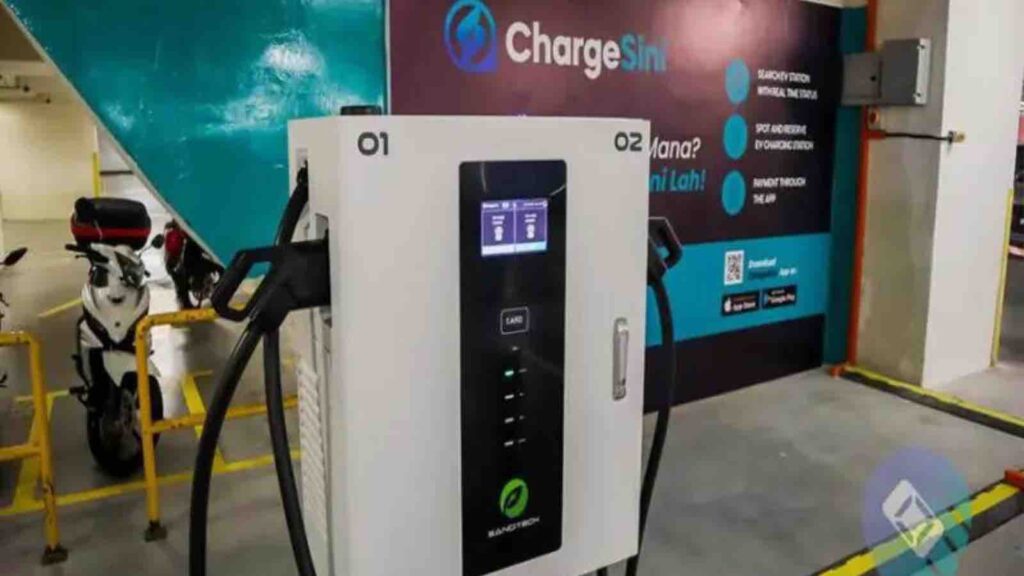The country’s ambitious target of 10,000 public charging stations by the end of 2025 remains a distant prospect, with only around 2,500 installed so far.
KUALA LUMPUR, Malaysia — With a goal of having 10,000 electric vehicle charging stations installed by next year, Malaysia has set its sights on accelerating the adoption of electric cars to tackle climate change. But as private companies race to electrify the nation’s roads, a glaring lack of centralized regulation is hindering progress.
RELEVANT SUSTAINABLE GOALS



Malaysia’s EV Goal: Unified Legislation Needed
Malaysia, a Southeast Asian country with one of the highest rates of car ownership per capita in Asia, has made transitioning to electric vehicles a key priority as it seeks to curb emissions from the transportation sector. It aims for 80 percent of the vehicle fleet to be electric by 2050.
But the country’s ambitious target of 10,000 public charging stations by the end of 2025 remains a distant prospect, with only around 2,500 installed so far, according to industry representatives. Less than a quarter are actually licensed to operate.
In the absence of overarching legislation, companies setting up charging infrastructure have had to navigate a byzantine mix of local rules and permits spanning multiple government agencies. The process can take months and involve applications for everything from electrical meters to fire safety clearances.
“While charging stations can be installed quickly, it takes 3 to 4 months for licensing and permits to be approved,” a representative of ChargeSini, a major Malaysian charging company.
The lack of a cohesive national framework has also left charging operators bearing high upfront costs — between $4,250 and $5,300 for slower Level 2 chargers and around $12,000 for faster DC stations — with limited financial support from the government.
Some firms have urged subsidies to ease the burden, pointing to Singapore’s effective grants of around $1,000 per charger that have rapidly expanded installations. But Malaysian subsidies have so far focused on incentives for consumers to buy electric vehicles rather than measures to build out charging networks.
An overarching law could streamline permissions and clarify responsibilities across different levels of government, researchers and companies say. But efforts to develop one have languished as the country’s fractured regulations remain stuck in a legislative limbo.
While Malaysia has taken initial steps like granting tax exemptions for electric vehicles and considering one-time ownership subsidies, experts warn that regulatory inertia could undermine the nation’s climate goals for the transportation sector.
An overarching law could streamline permissions and clarify responsibilities across different levels of government, researchers and companies say. But efforts to develop one have languished as the country’s fractured regulations remain stuck in a legislative limbo.
While Malaysia has taken initial steps like granting tax exemptions for electric vehicles and considering one-time ownership subsidies, experts warn that regulatory inertia could undermine the nation’s climate goals for the transportation sector.
Without a unified legal foundation, Malaysia’s road map for electrifying its vehicle fleet remains an uncertain path — one that analysts say could hobble its aspirations as a Southeast Asian economic powerhouse aiming to lead on green technology.
Lead image courtesy of ChargeSini Malaysia
You may also be interested in :
Transforming Electric Poles Into EV Charging Stations Across Jakarta


